I love the game 18España.
It’s an 18xx game designed by one of my game design heroes, Leonhard “Lonny” Orgler, the man who helped design a number of incredible games, such as 1880: China and Russian Railroads.
His newest game is 18Espana (18ESP for short), and I love the way the systems work together in his new co-design with Enrique Trigueros. After playing 18ESP six times online, I backed the crowdfunding campaign to get a physical copy when production wraps up next year.
I realized something else about 18ESP—I have won outright all six times that I have played it, often by sizable margins.
That made me wonder: how much of my love of 18ESP is tied directly to the fact that I’m pretty good at it?
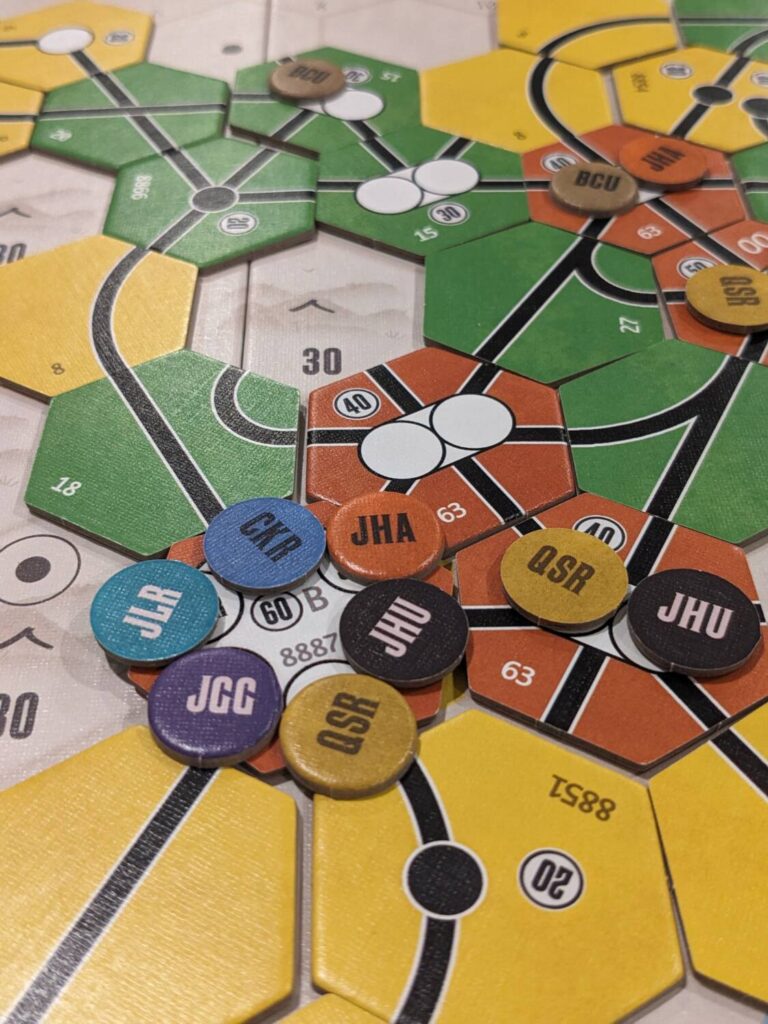
Winner’s Bias is Absolutely a Thing
For the purposes of this article, I recently went online to look at my personal statistics for other games I’ve tried, both on 18xx.games as well as Board Game Arena (BGA), the two main sites where I play. I don’t track wins or stats in apps like Board Game Stats (known in my circles as BG Stats), so I don’t have a good feel for my experience with many other games, but I can usually remember how things went in a game I’ve played a lot recently.
I love the game Tiletum, enough that it was my game of the year for 2022. It’s also a game that I have won five of the six times I have played it. This year’s Inventions: Evolution of Ideas is also really good…and it just so happens that I’ve won it five of the six times I have played it, with a loss coming by just five points.
I really love City of the Big Shoulders, one of my favorite games ever. But BGA also reports that I have won seven of the 12 times I have played it online, with a second-place finish for the five times I didn’t win. In person, I’ve won that game a lot more than I have lost.
Many of the games in my personal collection are games where I win infrequently, and in limited cases, games that I have actually never won. In fact, I would argue that I am an average-or-below player of games like The Gallerist, Kanban EV, The White Castle, and Brass: Lancashire. In some cases, I’m terrible at games that I love—I haven’t won a game of Kingsburg in years, I still haven’t won any of my four plays of Nucleum, and I’ve lost so many games of Regicide that now my wife and I are wondering if it’s even possible to win!
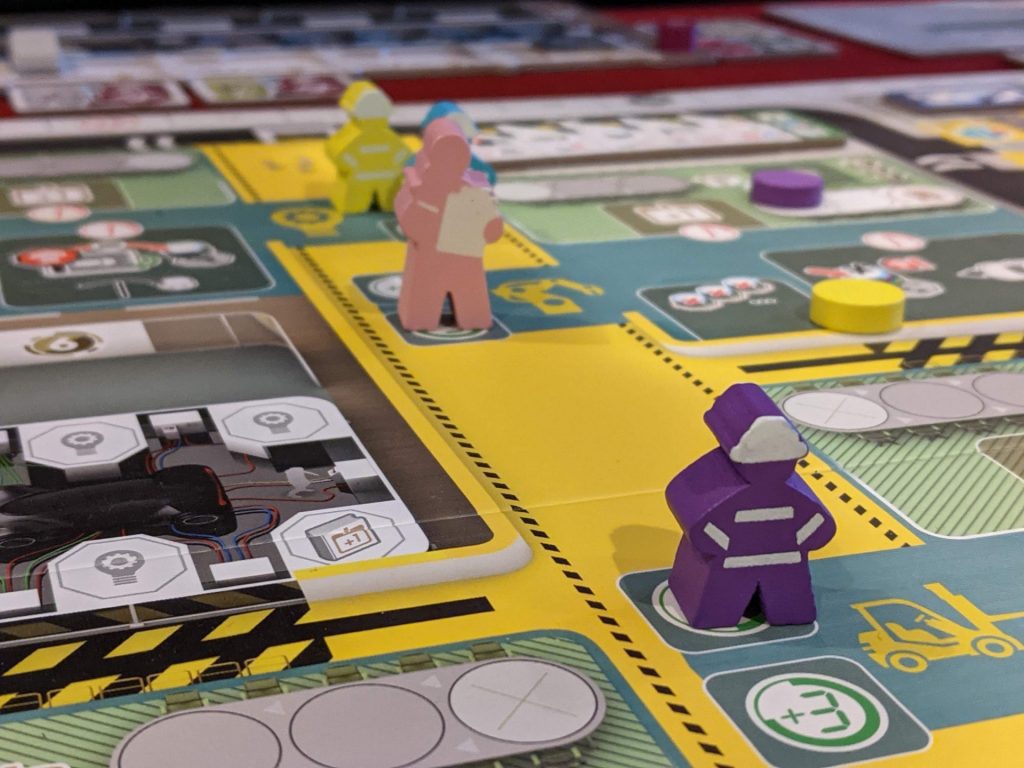
The great news is that I can see through a game’s systems to determine if I like what a game is trying to do, whether I ultimately win those games or not. Orléans is one of my favorites in that way—I got demolished in my first play but I adored what the bag-building mechanic was trying to do, and now it is a game that will never leave my collection despite only winning it from time to time.
While I think winner’s bias is real, and has absolutely led to me enjoying a game more when I win it, I think the biggest thing about any game has turned out to be competition. I have my most fun at any table when I think a game’s design allows for it to be competitively balanced, whether I win or not. Well-balanced games are hard to achieve, and any time I try one, I applaud the work that goes into what that must mean.
One of the most balanced heavy games I have tried over the last few years is Circadians: Chaos Order. It is nearly impossible to blow out other players who know what they are doing, and every game is close. Conversely, a much lighter game such as Wingspan has also commanded respect in my circles—the scores are always close and expansions have helped balance out common winning strategies, leaving us with a game that is usually interesting for everyone at the table.
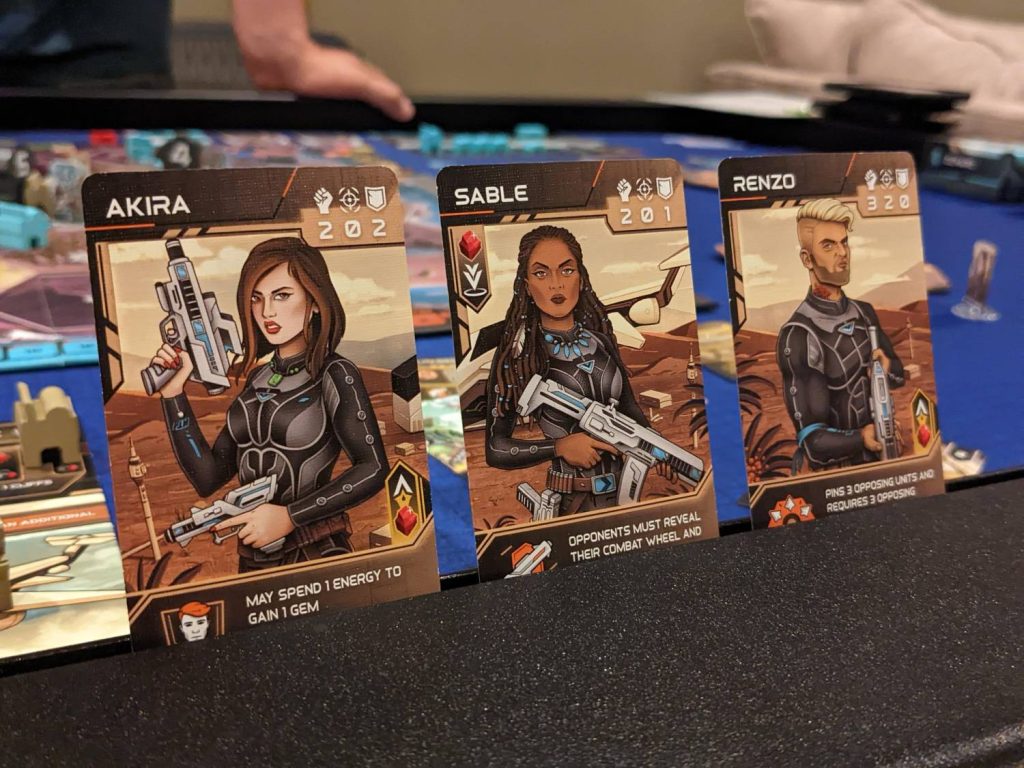
I’m Hoping I Lose the First Time
As a reviewer, the worst thing I find during a play is when I win, and I still absolutely hate the game. Worse than this? When someone else wins, particularly if they win by a wide margin, and they have largely negative feedback to share about the game.
Normally, winning feels good. Winning is fun! If someone wins a game and they still feel like the game is terrible, that means they didn’t enjoy winning, which means the game is really, really bad. On the other hand, if I get blown out repeatedly but still like a game after three plays, that game is really, really good.
So, I actually hope that I lose the first play of any game I am reviewing. No, I’m not kidding here. I get to see the game plainly for what it is, without the fear of winner’s bias setting in and clouding my view of what really happened during the game.
The best-case scenarios for me happen in games I have reviewed like Septima and Distilled. I played each of those games three or four times. I lost the first play of each game, somewhat badly in the case of Distilled. I had the chance to focus less on my individual gameplay mistakes, and more time to focus on the various parts of the game design that worked well, and what wouldn’t work no matter how well I played individually. Plus, I had the chance to see what wouldn’t work if a player was hosed by certain processes—a certain mechanic, not mathing out the odds of certain area control mechanics, a poor bag draw, or an unlucky card shuffle.
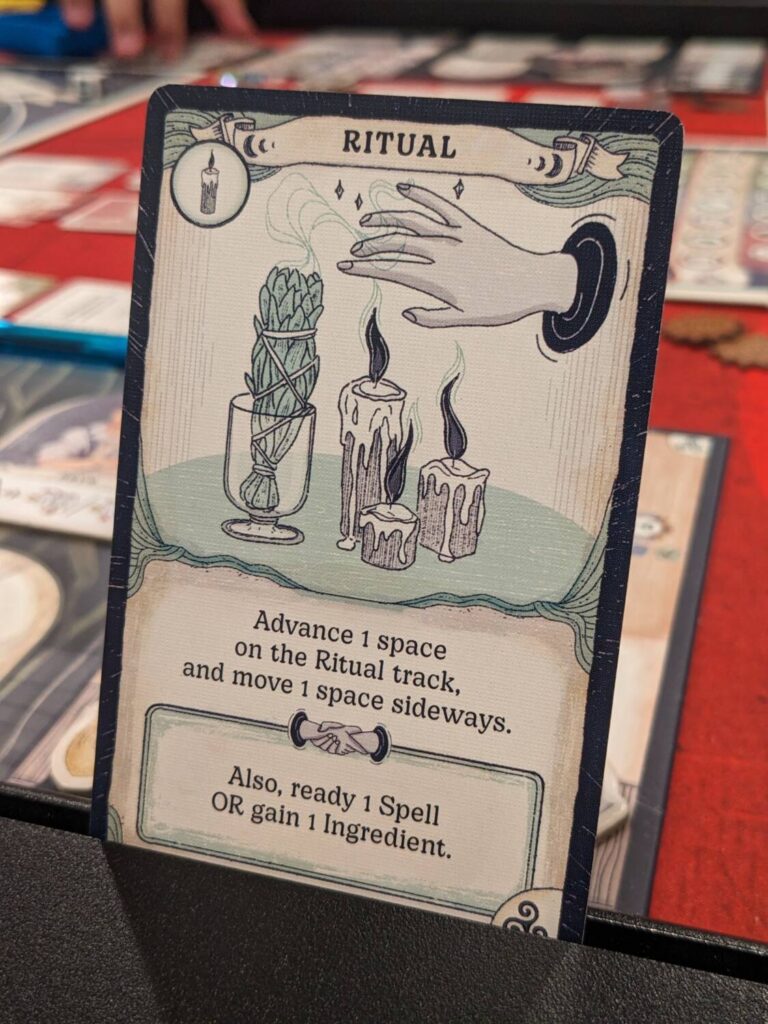
Future plays got better for each game. I had a better grasp of the rules overhead, and I got to taste how winning felt as a way of understanding how the design rewarded certain actions and/or behavior in a way I couldn’t have seen on my first play. And winner’s bias—or, worse, loser’s bias—did not overly influence my thoughts one way or the other.
I’m still learning about the best ways to communicate what works for me in a game, what might work better for other players (particularly those who love a particular style of game, versus someone who is new to a certain format), and what should shine no matter what the game’s individual results told me.
As a writer, I am pushing harder on rating a game based on the purest form of quality—was it fun? Was it fun, even in a close loss? Was it fun, even when I got blown off the table?
In the case of some games, the answer is still yes. Wandering Towers is a great example of this. I have barely won, barely lost, and lost badly. But covering up an opponent’s wizard meeple and making that player try to remember where that meeple is? It’s one of the great moments I’ve experienced in gaming this year, and I find myself not caring whether I win or lose in those moments.
That tells me a game is great. And focusing on fun has made winner’s bias dissipate a bit. Like most people, I would rather be the winner than the first loser. But as long as I get to play a bunch of games and have an absolute blast, I’m all good!


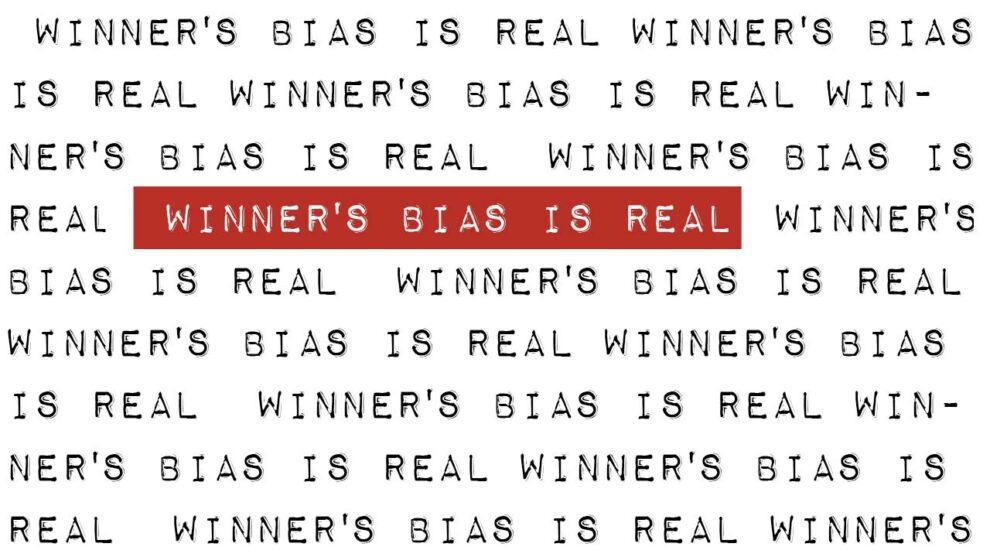










Absolutely wonderful read! Thanks.